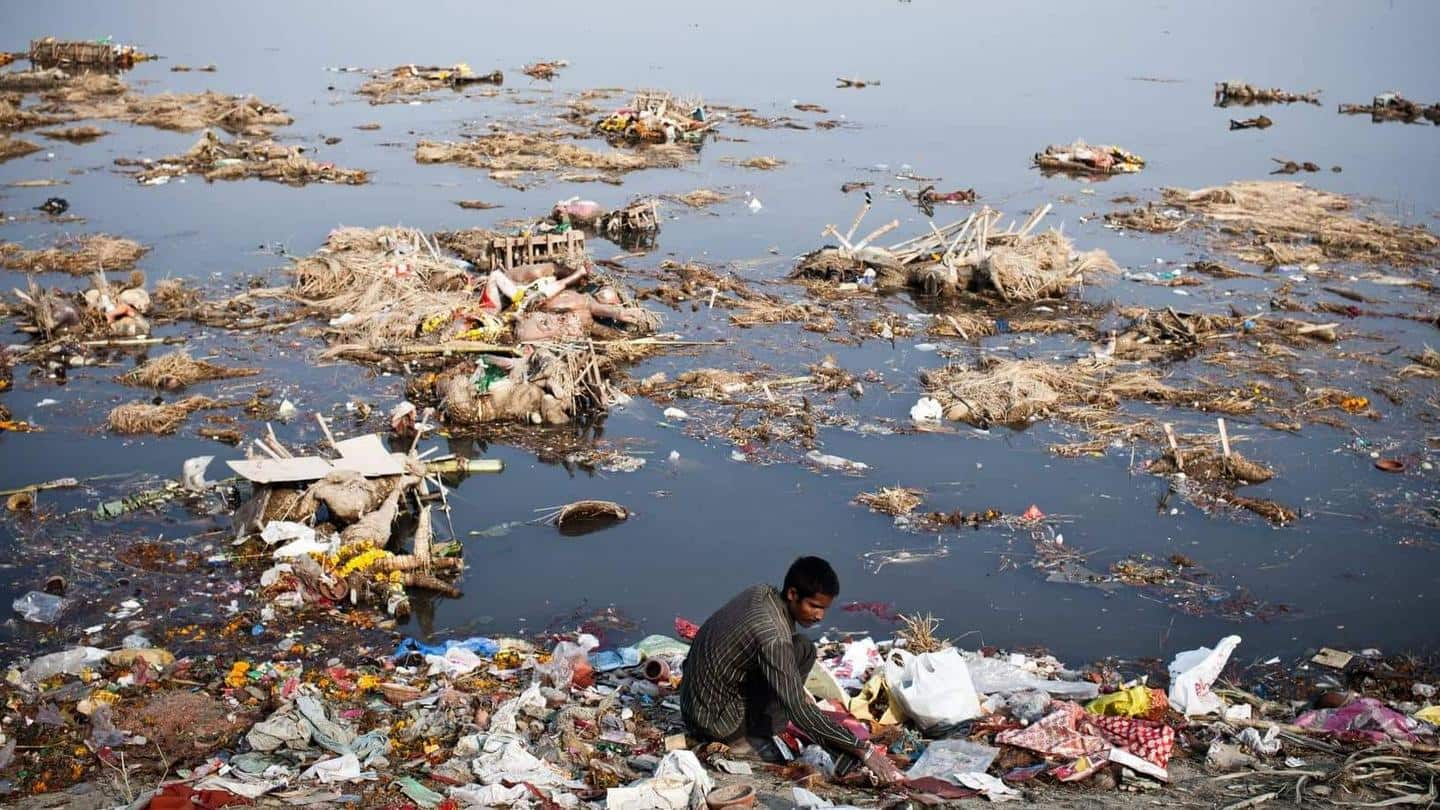
Yamuna pollution: DPCC imposes Rs. 12cr fine on 12 CETPs
What's the story
The Delhi Pollution Control Committee has imposed a fine of over Rs. 12 crore on 12 common effluent treatment plants (CETPs) operating across Delhi for not meeting prescribed wastewater discharge standards repetitively.
There are 24 industrial areas in Delhi of which 17 are connected to 13 CETPs, which treat wastewater from industrial units before it can be reused or discharged into the river Yamuna.
Pollution
Untreated wastewater discharged from CETPs causes pollution in Yamuna
Untreated wastewater and poor quality of effluent discharged from the CETPs and the sewage treatment plants is the major reason behind pollution in the Yamuna river in the national capital, according to experts.
These 12 CETPs in question are in industrial areas in Jhilmil, Badli, Mayapuri, Mangolpuri, Nangloi, Okhla, Narela, Bawana, Naraina, GTK Road, and Keshav Puram.
Standards
CETPs failed to meet standards repetitively between 2019 and 2021
These 12 CETPs do not comply with requisite standards of biological oxygen (30 mg/liter), total dissolved solid (2,100 mg/l), sulphate (1,000 mg/l), sulphide (2 mg/l), etc.
The DPCC had issued several notices to these CETPs asking them to take rectification measures to meet prescribed effluent discharge standards.
According to DPCC, these CETPs failed to meet standards repetitively between February 2019 and February this year.
Measures
CETPs asked to inform the DPCC about rectification measures
CETP societies in the aforementioned industrial areas were asked on Wednesday to deposit the environmental compensation totaling Rs. 12.05 crore to the DPCC within 15 days.
These CETPs have also been asked to inform the DPCC about the rectification measures taken within 15 days.
To note, the 13 CETPs in Delhi have a total capacity of treating 212.3 million liters of effluent a day.
CETPs
CETP societies are responsible for operation and maintenance of CETPs
As per the Delhi CETP Act, 2000, the Commissioner of Industries is the authority for the regulation of CETPs in the national capital.
Notably, CETP societies, formed for the operation and maintenance of CETPs in Delhi, are fully responsible for their operation and maintenance.
These are required to adhere to the environmental laws and run the CETPs as per the prescribed environmental laws.